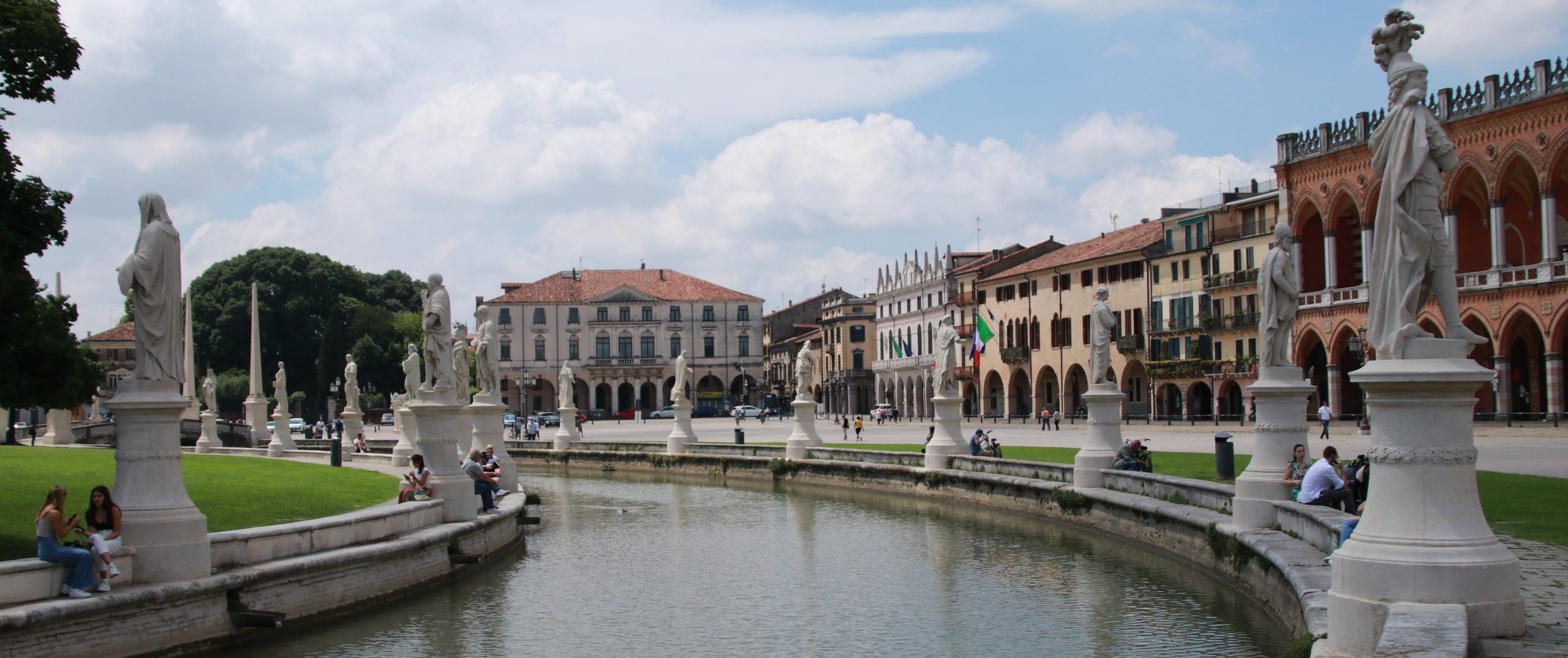The Italian government provides various incentive programs aimed to boost entrepreneurship, tackle unemployment, and help small and local businesses to survive. There are different ways in which the government (and other local administrative bodies) are achieving their mission to provide grants and incentives, and those programs differ greatly.

Table of Contents
ToggleNew residents regime
As a new resident, the Italian government provides you with a nice tax break. This break substantiates in a 70% tax exemption of employment and self-employment income, which is increased to 90% if the new resident takes residency in a Southern region.
Employment and self-employment income sources are attracted to this regime for up to 5 years, extendable for further 5 if the applicant as a minor family dependent or purchases a residential property. The applicant needs to be a new resident of Italy, not living in Italy in the two years prior arrival, and to perform an employment/self employment activity in Italy.
EU Funds
As part of the European Union, Italy is assigned a certain amount of resources from the EU. Such funds need to be administered by the Italian entities in order to address certain issues as determined by the EU; Italy will then break down different programs and assign the resources to different regions which in turn organize the tender.
The structural EU funds are directed mainly to public administration following the same procedure, and they are aimed to improve the Italian infrastructure system and competitiveness.
Agricultural incentives
A large part of the EU programs, and national programs as well, is taken by the agricultural incentives. There are various grants and opportunities in the agricultural business for small and medium enterprises.
These funds are normally administered by the local Regions, counties (or in some cases by GALs), and are bound to specific territories and sub divisions.
Agricultural funds are normally aimed to attract individuals under 35 of age or women.
Funds Application
Public funding applications vary depending on the type of fund available and the authority who processes and scrutinizes the applications. The first thing to do is to create an account to upload the application; most of the portals are now accessible through your SPID, therefore this is a must have.
Once you have the account, and you have read carefully the tender – and its hard deadline! – you can gather the relevant documents required to file the application. Normally applications filed missing documents are disregarded and cannot access the funding.
Upon collecting all the applications, the commission rewards the points to each applicant (points are rewarded based on the tender file) and makes a final list of all the applicants distributing the funds to the top applicants, or to the ones who reached a certain score.
In some other cases the reward is assigned through a click-day. In this case you need to login on a platform, and copy and paste a code they give you. First come first served.
Albeit this sounds like a silly way to assign funding to applicants, this is the reality in certain cases.Once the resources are rewarded, the assignee must provide a final report on the use of the funds, disclosing the EU funds received in their tax returns and/or in the annual accounts filing.
We cannot stress enough the importance of being assisted for this type of application by a professional (Dottore Commercialista or lawyer) to avoid unpleasant mistakes.






